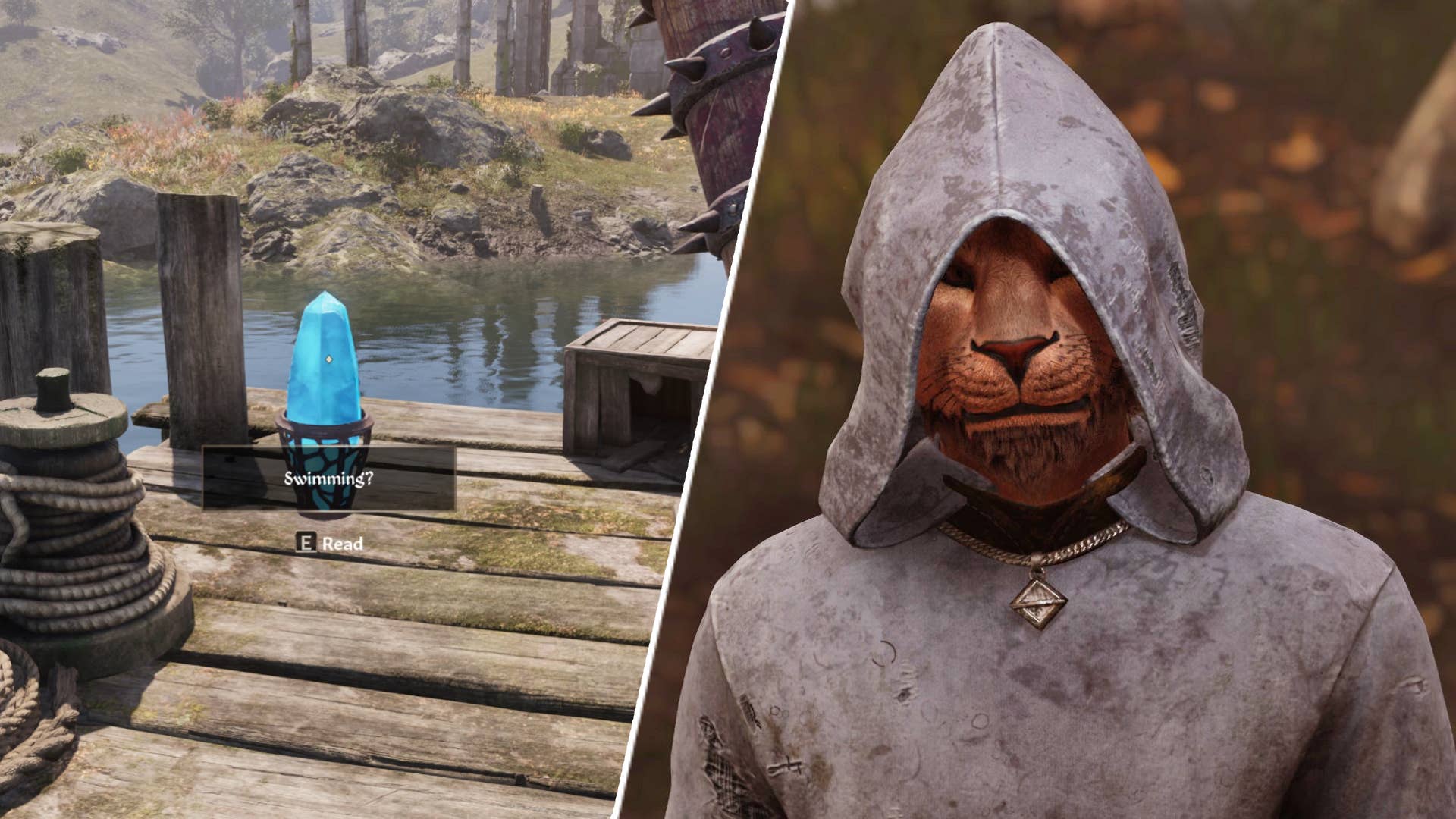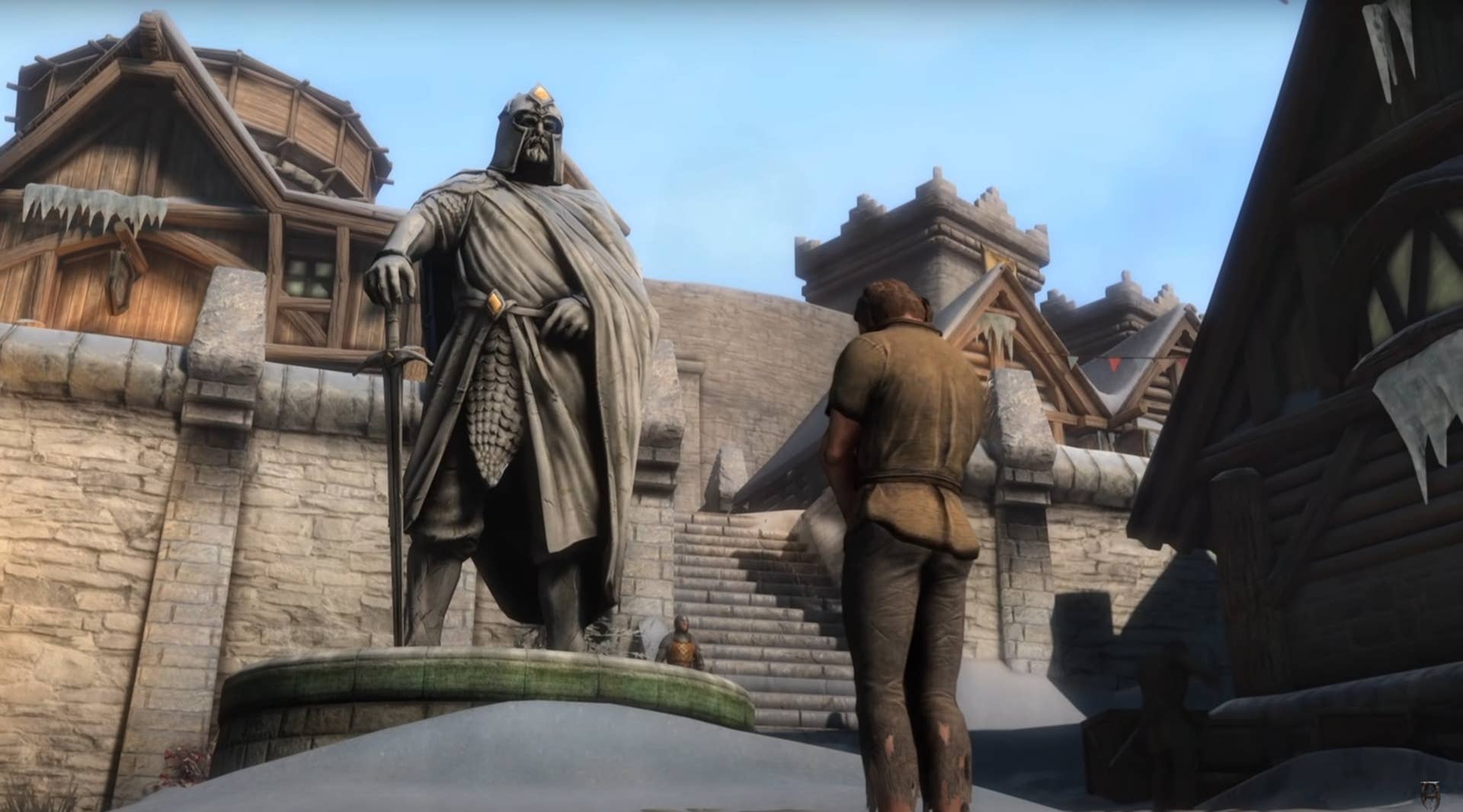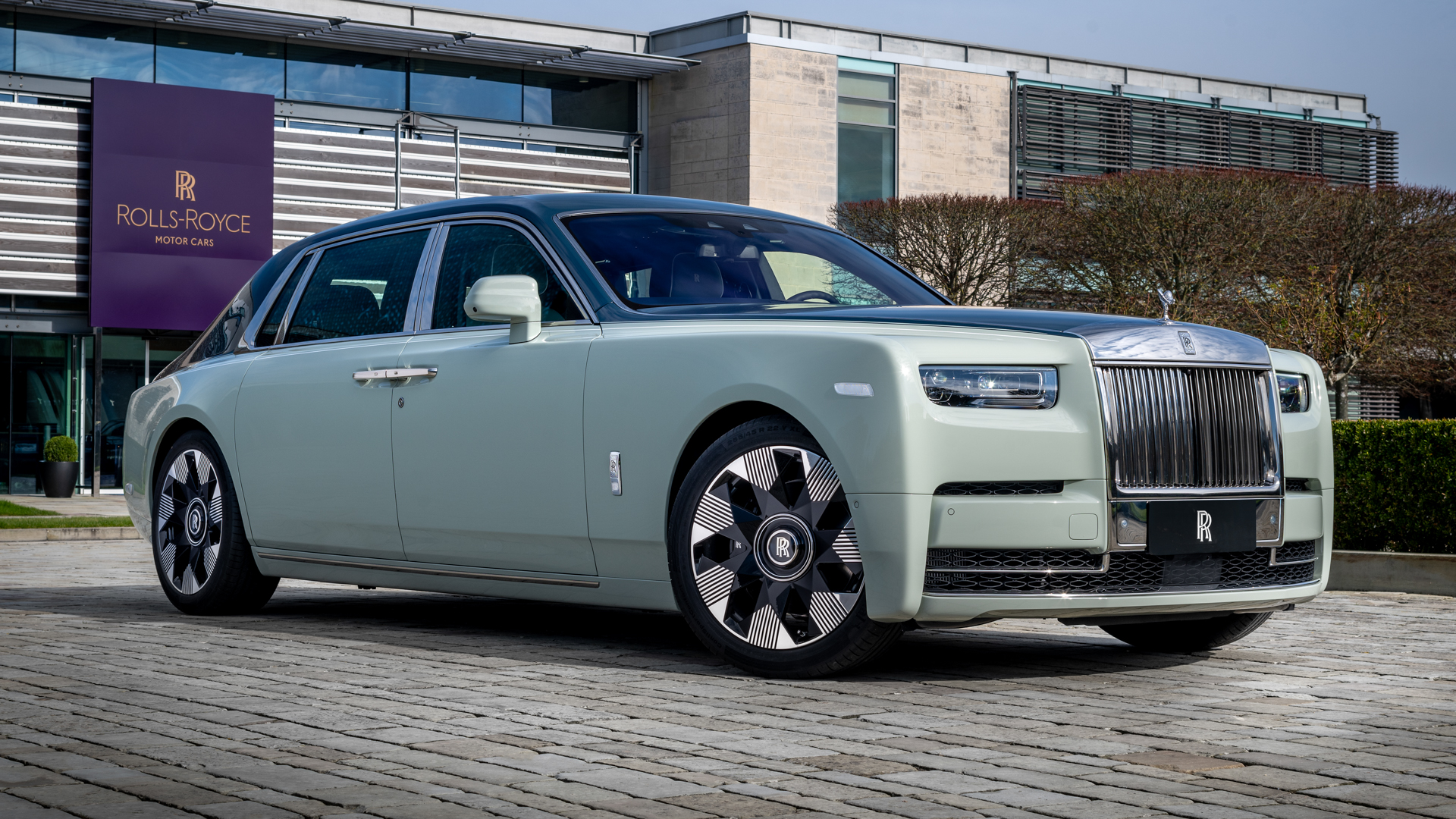Democrats divided over how to battle a weakened Trump
Democrats newly buoyed by President Trump's steadily sinking approval ratings are stubbornly divided over their resistance strategy and path back to power. One hundred days into Trump’s second term, liberal Democrats on and off Capitol Hill are stepping up their hard-line opposition to the norm-smashing president, advancing aggressive tactics — backed by the party’s progressive...

Democrats newly buoyed by President Trump's steadily sinking approval ratings are stubbornly divided over their resistance strategy and path back to power.
One hundred days into Trump’s second term, liberal Democrats on and off Capitol Hill are stepping up their hard-line opposition to the norm-smashing president, advancing aggressive tactics — backed by the party’s progressive base — that now include formal articles of impeachment.
Yet such actions are receiving a cold reception from more moderate lawmakers, who want Democrats to focus on the stark policy differences between the parties on a handful of issues — including health care, financial security and consumer costs — that resonate most deeply with voters.
These Democrats fear wading into an impeachment debate could boomerang back on them, as much as such moves feel popular with a part of the base.
The dynamics have challenged a national Democratic Party that’s beginning to see the political winds shift in its favor after a bitterly disappointing November, but still faces nagging disagreements over how best to resist Trump and capitalize on his slide in popularity.
Sen. Elissa Slotkin (D-Mich.), who delivered the Democratic response to Trump’s joint address to Congress earlier this year, has been critical of the progressive response to Trump.
Last week, she said Democrats must shed the public perception that the party is “weak and woke.”
The swing state senator has also urged progressives to stop using the term “oligarchy” when criticizing Trump and his allies, an apparent reference to Sen. Bernie Sanders (I-Vt.) and Rep. Alexandria Ocasio-Cortez's (D-N.Y.) “Fighting Oligarchy” tour.
Sanders pushed back on Slotkin’s suggestion Sunday on NBC’s “Meet the Press," pointing to the massive crowds the tour has drawn.
“I think the American people are not quite as dumb as Ms. Slotkin thinks they are,” the progressive senator said.
Slotkin is far from alone in her approach.
On Tuesday, Michigan Gov. Gretchen Whitmer (D) appeared on stage with Trump at Selfridge Air National Guard Base to announce a new series of fighter jets for the base. The governor was also photographed hugging the president on the tarmac after he arrived.
While Whitmer’s working relationship with Trump can be viewed as a political gamble, Slotkin argued the results were worth it.
“I think it’s going to be controversial no matter what. She went to the White House, she made a specific ask, and she got it delivered,” the senator said.
Slotkin also noted that when she was elected to the Senate last fall from Michigan, many cast ballots for both her and Trump.
“I wouldn’t be here if there hadn’t been people who voted for both me and Donald Trump, and my job is to represent the entire state,” she said.
California Gov. Gavin Newsom (D) has gone as far as having guests from the MAGA universe on his podcast, including Steve Bannon and Charlie Kirk. Critics argue the move is motivated by Newsom’s future political ambitions.
Other Democratic governors have taken a more aggressive stance against Trump. Illinois Gov. JB Pritzker (D) called for mass protests against Trump during a speech in New Hampshire on Sunday, proclaiming “these Republicans cannot know a moment of peace.”
Unlike Whitmer, Newsom and Pritzker come from deep-blue states. But all three governors have been floated as potential 2028 presidential contenders.
“We cannot be a one-size-fits-all party, especially when dealing with what Donald Trump is doing and the damage he is causing,” said one national Democratic operative. “It’s important that the Democrats continue to find new ways to fight back.”
But Democrats have struggled to come up with a concise message 100 days into the administration as Trump and Republicans move at breakneck speed to implement his agenda.
A part of the problem is that many grassroots Democrats are eager to see their party fight back.
“People want to know that somebody is fighting for them,” Sen. Raphael Warnock (D-Ga.) said. “We have never seen such a lawless and corrupt administration, certainly not in my lifetime. So it may have taken us a moment to figure out how to respond to that kind of massive, unabashed corruption.”
Democrats are united against Trump’s domestic plan for tax and spending cuts, which GOP leaders hope to adopt this summer. But they remain at odds in how to push back against Trump’s flood-the-zone strategy of executive actions, even as polls show the president has been weakened with public opposition to his tariff regime.
Divisions emerged, for instance, over how best to approach the case of Kilmar Abrego Garcia, a Maryland resident mistakenly deported to a notorious prison in El Salvador. Some Democrats wanted to highlight the episode as an example of Trump’s disdain for human rights and legal due process. Others said it was a political mistake to rush to the defense of Abrego Garcia, who had entered the U.S. illegally.
More recently, the Democrats’ strategic tensions were on bright display after Rep. Shri Thanedar (D-Mich.) this week introduced seven articles of impeachment for actions Trump has taken in his first 100 days, including “unlawful deportations.”
Within 24 hours, the chair of the House Democratic Caucus, Rep. Pete Aguilar (D-Calif.), had rejected Thanedar’s gambit as impractical, saying the party would focus instead on highlighting the more unpopular elements of Trump’s policy agenda.
A short time later, three of the four House Democrats who had formally backed the impeachment effort removed their names from Thanedar’s resolution after learning leadership hadn’t endorsed it — a signal that even some liberals are wary of feeding Trump’s frequent claim, embraced by his supporters, that he’s a repeat victim of political persecution.
The voided endorsements quickly drew the ire of progressives outside the Beltway, who accused Democrats of pulling punches in the battle against a president who goes after his political adversaries without apology.
The divide over impeachment is also evident in the Senate. Sen. Jon Ossoff (D-Ga.), arguably the most vulnerable Democratic Senate incumbent, told a constituent at a town hall last week that he “strongly” agrees Trump needs to be impeached. Ossoff noted the scenario was unlikely, given Democrats are in the minority.
However, Senate Minority Leader Chuck Schumer (D-N.Y.) gave a less direct answer when asked whether he agrees with Ossoff, noting during an interview on CNN “it’s too far away to judge.”
Progressive House candidate Kat Abughazaleh, who is running for Rep. Jan Schakowsky’s (D-Ill.) seat, called Schumer’s remarks “cowardice.”
“They’re scared of him,” Abughazaleh said. “If you want him to stay in power, join the Republican Party.”



















































































